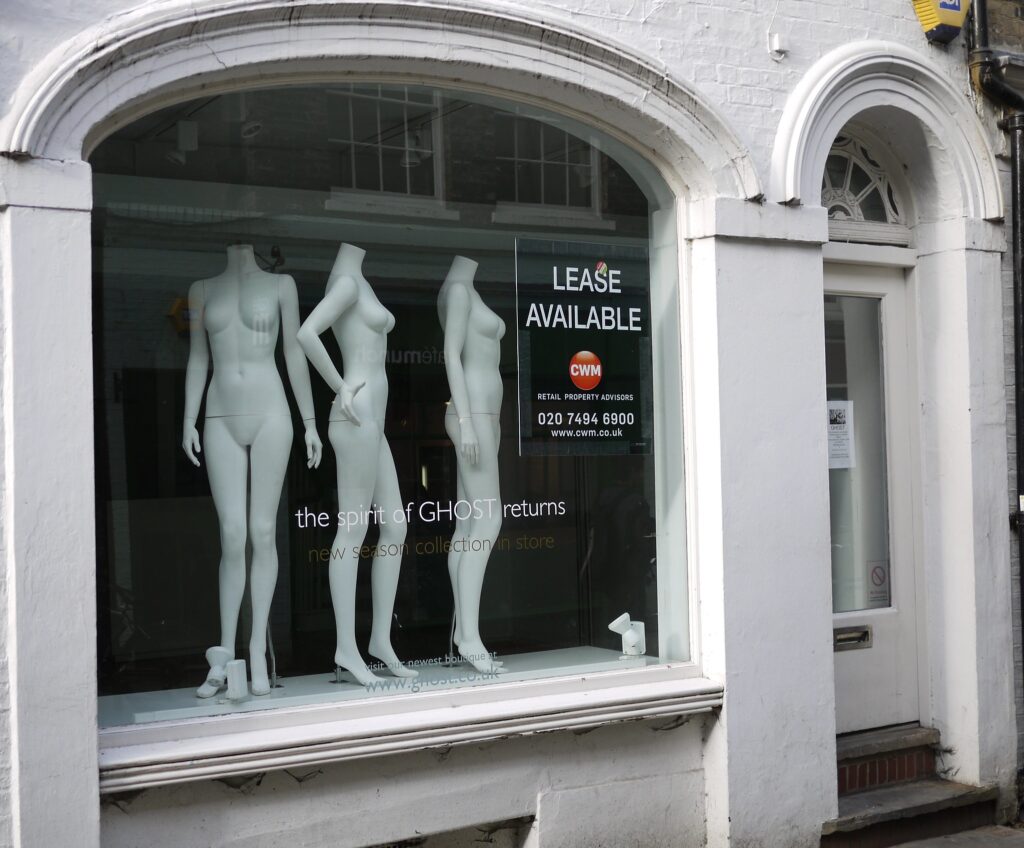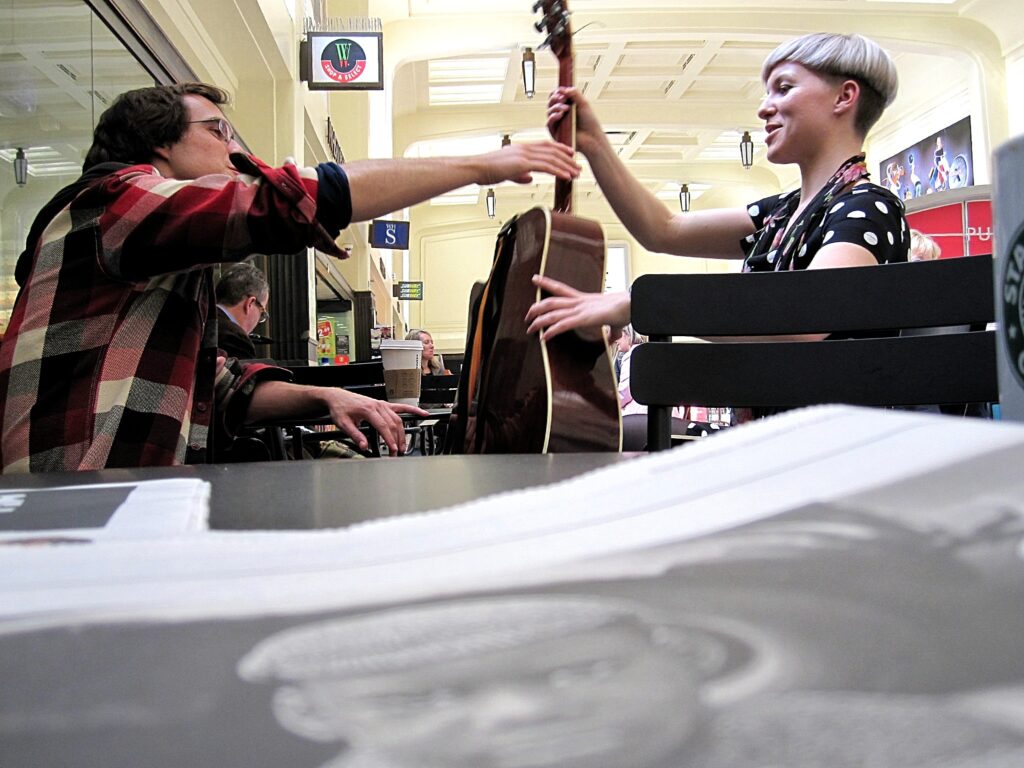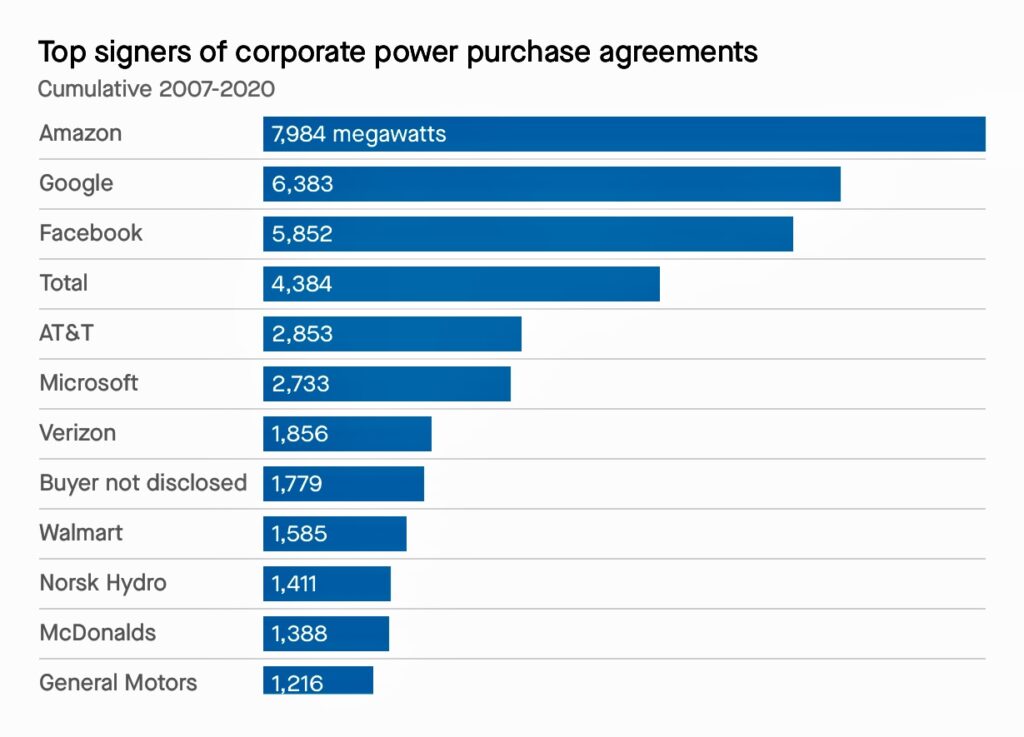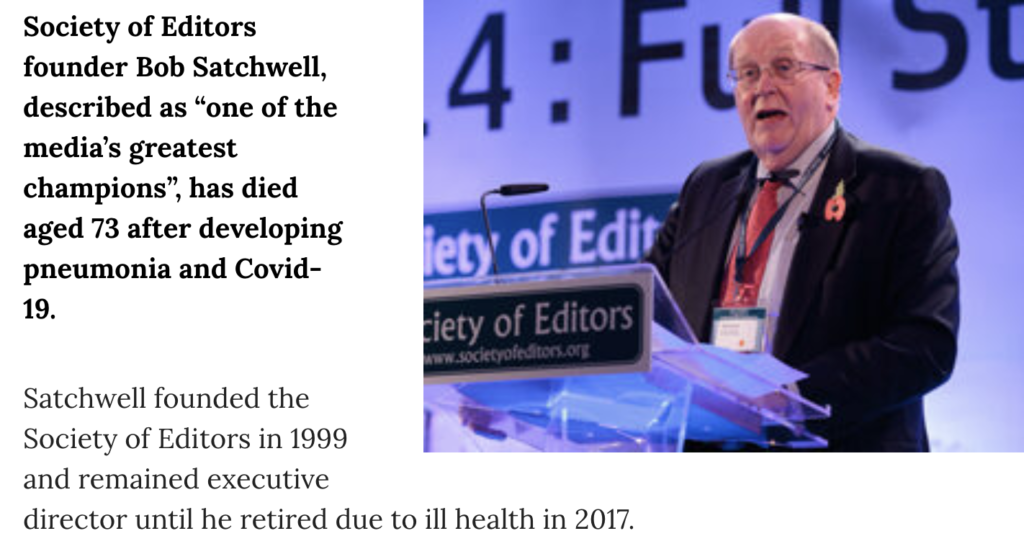Nudes for rent
Quote of the Day
”We have long passed the Victorian era when asterisks were followed after a certain interval by a baby.
- Somerset Maugham
Musical alternative to the morning’s radio news
Eels | Grace Kelly Blues
Google might ask questions about AI ethics, but it doesn’t want answers
My Observer column this morning.
If I told you that an academic paper entitled “On the Dangers of Stochastic Parrots” had caused an epochal row involving one of the most powerful companies in the world, you’d have asked what I’d been smoking. And well you might: but stay tuned.
The paper has four co-authors, two from the University of Washington, and two from Google – Dr Timnit Gebru and Dr Margaret Mitchell. It provides a useful critical review of machine-learning language models (LMs) like GPT-3, which are trained on enormous amounts of text and are capable of producing plausible-looking prose. The amount of computation (and associated carbon emissions) involved in their construction has ballooned to insane levels, and so at some point it’s sensible to ask the question that is never asked in the tech industry: how much is enough?
Which is one of the questions the authors of the paper asked…
Amazon’s S3 is 15 years old
From Protocol:
S3, or Simple Storage Service, made its debut 15 years ago this weekend. It would be years before “the cloud” became one of the most disruptive forces in the history of enterprise computing. Amazon didn’t even use the term when it announced S3 on March 14, 2006. But the storage service’s launch instantly solved some very tricky problems for entrepreneurs like Alvarez, and would come to change the way all businesses thought about buying information technology.
Basically, Amazon was making infinite disk-space available to anyone with a credit-card. Which meant that start-ups didn’t have to deal with the problem that bugged (and often bankrupted) start-ups in the doc-com boom. It was easy to use and you only paid for what you needed.
S3 was really what kicked off the cloud computing boom which is still going on and shows no sign of slowing. Initially it was just online storage, but the killer application came when Amazon added rentable-by-the-minute computing power the offer — the service that became Amazon Web Services — AWS.
Last year AWS provided Amazon with more than $45 billion in revenue. In the process — as some of my colleagues have noted — it also became part of the critical infrastructure not just of tech companies, but also of departments of the US government. The CIA, for example, has a contract with Amazon to build and operate its ‘private’ cloud. Which leads to the question of other Amazon could, in effect, shut down those departments and therefore the Federal government.
Way back in 2012 my friend Quentin discovered one Monday morning that his credit card account had been charged a hefty sum over the weekend. On inspection it turned out that he had forgotten to terminate the processes he was running on AWS after finishing on Friday. To avoid this happening again, he built a little system using a Raspberry Pi with a green button and a red button which made it simple to connect to, and disconnect from, AWS.
Underestimating Joe Biden
In the run-up to the election — and afterwards — most of those in my (slightly-left-of-centre) echo chamber seemed rather dismissive of Joe Biden. His main merit, they felt, was that he wasn’t Donald Trump, but apart from that he was a dozy, old-style, touchy-feely, traditional politician who wasn’t particularly bright and might even be prone to ‘senior moments’. And so they had very low expectations of Biden as President on the grounds that he hasn’t had a big idea since 1946, and besides the Republicans in the Senate would stop him doing anything serious. Zzzzz…
I’m wondering whether they still think that. From where I sit, Biden is getting some amazing things done.
That’s not just my opinion. For example, here’s Noah Smith observing that
In his first few weeks in office, Biden executed on a large number of progressive priorities — rejoining the Paris climate talks, canceling the Keystone pipeline, ending the Muslim Ban, and much more. Then he passed a huge $1.9 trillion COVID relief bill (or “stimmy”, as the kids are now calling it), which also contained an incredibly generous unconditional child allowance that will transform American’s welfare state (assuming it becomes permanent at the end of the year, which many expect). But that’s only the beginning — Biden’s next moves include a big immigration bill with a path to citizenship, minimum wage, and a green infrastructure bill that’s not called a “Green New Deal” but certainly has some similarities.
In other words, Biden is bringing the most transformational progressive agenda since LBJ. And this presents the Left with a bit of a dilemma, because one of their core bedrock beliefs during the campaign season was that Biden was a basically Clintonite centrist. The fact that their predictions have been hilariously wide of the mark, and Biden is governing more like FDR, presents leftists with a choice: They can either admit (however grudgingly and provisionally) that Biden is a lot better than they thought, or they can find reasons to denounce Biden in spite of all he’s doing.
Or, here’s the NYT on what he’s been up to.
Its first major legislative act under President Biden was a deficit-financed, $1.9 trillion “American Rescue Plan” filled with programs as broad as expanded aid to nearly every family with children and as targeted as payments to Black farmers. While providing an array of benefits to the middle class, it is also a poverty-fighting initiative of potentially historic proportions, delivering more immediate cash assistance to families at the bottom of the income scale than any federal legislation since at least the New Deal.
Behind that shift is a realignment of economic, political and social forces, some decades in the making and others accelerated by the pandemic, that enabled a rapid advance in progressive priorities.
This is remarkable, not just because it’s the polar opposite of the sordid and venal chaos of the Trump regime, but also that it seems pretty radical. I guess that my sceptical echo-chamber dwellers will now change their refrain from ‘no he won’t because he can’t’ to ‘yeah, but can it last?’
As regular readers know, I was concerned that the burgeoning move to bring the tech companies under control bight be compromised by the inrush of ex-Silicon-Valley people into the Biden administration. And then last week he appoints Tim Wu to the national economic council with a brief to oversee antitrust action, and nominates Lina Khan as.an FTC Commissioner. These are really serious appointments, and a sign of a President who knows that he’s doing.
The current rethinking that I cited above summons up echoes of FDR. But the under-estimation of Biden calls to my mind a different historical parallel — Clement Attlee, the best Prime Minister the UK has had since the war. He too was greatly under-estimated, including by Churchill, for whom he ran the country while Churchill ran the war. (Churchill observed of him that “he was a modest man with much to be modest about”.)
These misjudgements never seemed to bother Attlee, who famously mocked them in a little ditty towards the end of his career :
There were few who thought him a starter.
And many who thought themselves smarter.
But he finished PM,
CH, and OM,
An Earl and a Knight of the Garter.
In praise of Haynes Manuals
My post yesterday about the usefulness of the Haynes Manual for our little Toyota Aygo prompted a lovely note from my friend and Open University colleague, David Vincent.
“I don’t like mending cars”, he writes, “but when young and poor, I had no choice. One of my proudest memories of my Cambridge PhD time was replacing the entire engine of a Ford Popular, with the help of three friends, one now an FBA. On the roof of the car throughout the operation was an open Haynes manual, which guided us through the task.
Decades later, David became the Pro-Vice-Chancellor of the Open University, and as such one of the senior members of the university who had the responsibility for conferring degrees.
On one occasion, he recalls, “the ceremony was held in Cheltenham, where I discovered that the Honorary Graduand was none other than John Haynes. He was now well on in years, and in wealth, arriving for the event in a Rolls. He was an absolutely appropriate person for an OU degree. Few people did more to extend the technical learning of the British public”
Yep.
Other, hopefully interesting, links
- I’m the package you impulse-ordered three days ago and no, I’m not going to make you feel any better. Lovely, imaginative rant by Paula Aceves. Link
- How I earn a living selling my open source software. Interesting and open. And an honest business model. Link
This blog is also available as a daily email. If you think this might suit you better, why not subscribe? One email a day, delivered to your inbox at 7am UK time. It’s free, and there’s a one-click unsubscribe if you decide that your inbox is full enough already!












